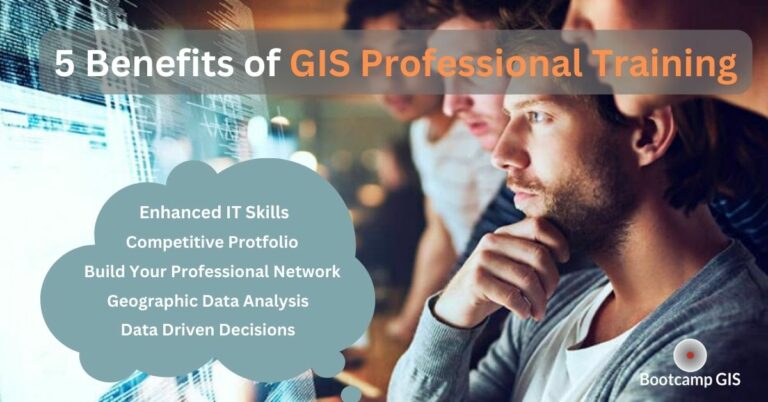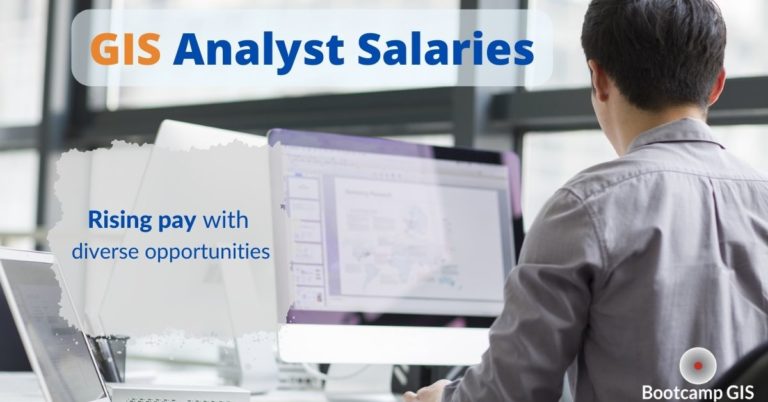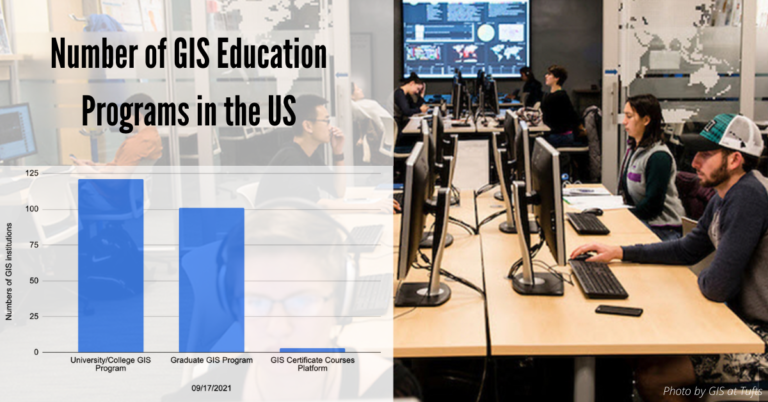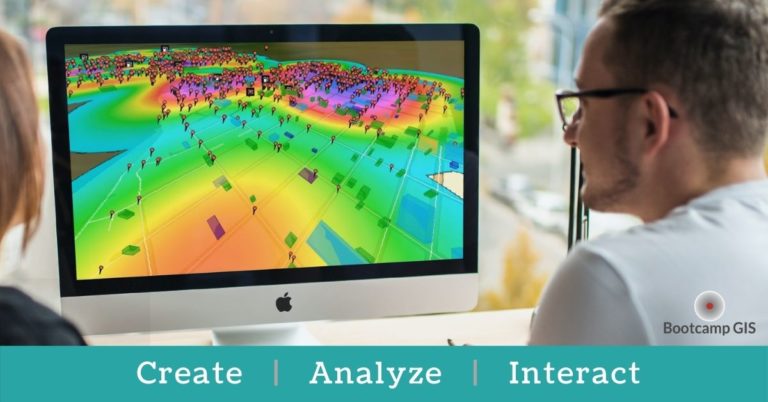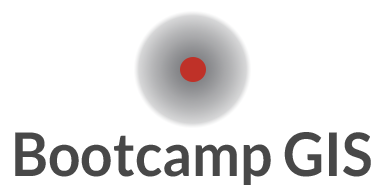
Geography Job Search Tips-Highlighting your career
Geography is one of the most diverse fields of study that applies to many disciplines. Depending on your focus background, there are ways to highlight your skills with our key tips.
Geography majors
Geography majors study the geographic distribution and trends of human behavior and the physical environment so how do you make your geography skills marketable. The linkages between the two are very obvious such as the agricultural production of arable land being impacted by changing weather patterns. It used to be that many human behavior studies were an exercise in looking at history, collecting some data, and producing a research article with a map. But now this process is aided with technology to analyze historical data to draw out trends, even if it’s in the recent past. The new field is called Data Science and you can now get a Master’s Degree in it. At the very least, you should be making your maps digitally within a geographic information (GIS) that is designed to use data analysis to study human activities, environmental issues, and global problems. Your projects can use GIS to combine important skills such as data acquisition, analysis, and visualization, using monitoring techniques in different environments to solve problems, while being able to understand different cultures and values.
Tip: List GIS or Data Science classes and projects on your Linkedin profile.
GIS majors
We know that gis enables us to make decisions with different data for different disciplines. If you focus on GIS within your geography program, you’ll be preparing yourself for a GIS analyst role where you’ll work on data, do some analysis and create maps. But you can be strategic about types of courses that can improve your promotion path. In many cases, you may have to take technical classes outside of your college program. This could lead you to being the central database architect, GIS web developer, or GIS administrator. Furthermore, think about the arena you want to work in that’s meaningful to you. The GIS profession can contribute to many social good parts of society like conservation, renewable energy, and sustainability. You don’t want to look backward and wonder if you had done something different in your career that made a difference.
Tip: Take classes in the IT space like cloud, programming, and database. And build connections and opportunities with people in a vertical industry that is meaningful to you.

By USA Trending Affairs. GIS jobs Chicago
Technology jobs
GIS is one of the ‘Big 7’ tech growth industries along with Cloud, Coding, Data Science, and AI. Tech continues to grow as new applications are built and an explosion of data is created. A GIS role often gets blurred with those other technologies because you are commonly needing to be cross trained in each of these. The range of GIS analysts salaries is between $40K to $112K per year. But the upper end is for those that have higher end IT skills. GIS programmers use programming languages like javascript, html, C# to develop programs and applications for any end user that needs to see a map. Many of the commercial GIS software companies will hire engineers and software developers out of college to help design and build their applications. In this case, you might couple your existing engineering degree with some quick online GIS classes so you understand the context of the solutions that industry is asking for. The GIS developer tech stack is highly marketable.
Tip: Couple your engineering degree with GIS courses to make yourself marketable in the $18B GIS industry.
Leverage any college degree into a GIS Career
OK, so you are not a geography major. What do you do? Fortunately GIS is a skill set that anyone can learn. Some of our accomplished GIS colleagues have degrees in biology, math, history, anthropology, and environmental sciences. If you feel like transitioning into the GIS industry, you could pursue a 2 year Masters program in geography. But more commonly, you could upskill with a GIS certificate. If you get the right GIS skills, then you are instantly marketable. Secondly, the diverse products and meaningful tasks can increase personal job satisfaction, because gis projects can be applied to the discipline that you already studied. At the same time, a diverse office environment, different types of projects, interesting fieldwork, and telecommuting opportunities offer a flexible profession.
Tip: Upskill your degree with a top online GIS certification program. Then describe how your studied discipline makes its decisions with GIS products.
Education-BootcampGIS
Before you can become a professional in GIS and geography, you need not only an academic degree in a related field but also enough technical expertise to learn it. Despite the diversity of technical options for GIS, you can still learn online, which is a very convenient way to learn. Bootcamp GIS is a great option, as it has the most advanced online learning platform to offer online GIS certificates based on real industry workflows that are taught by GIS practitioners. Today’s student wants learning flexibility. You can earn a GIS certification in half the time and half the price.
Tip: Make sure you learn industry GIS workflows through online classes or internships make you highly marketable in the high growth GIS industry.

